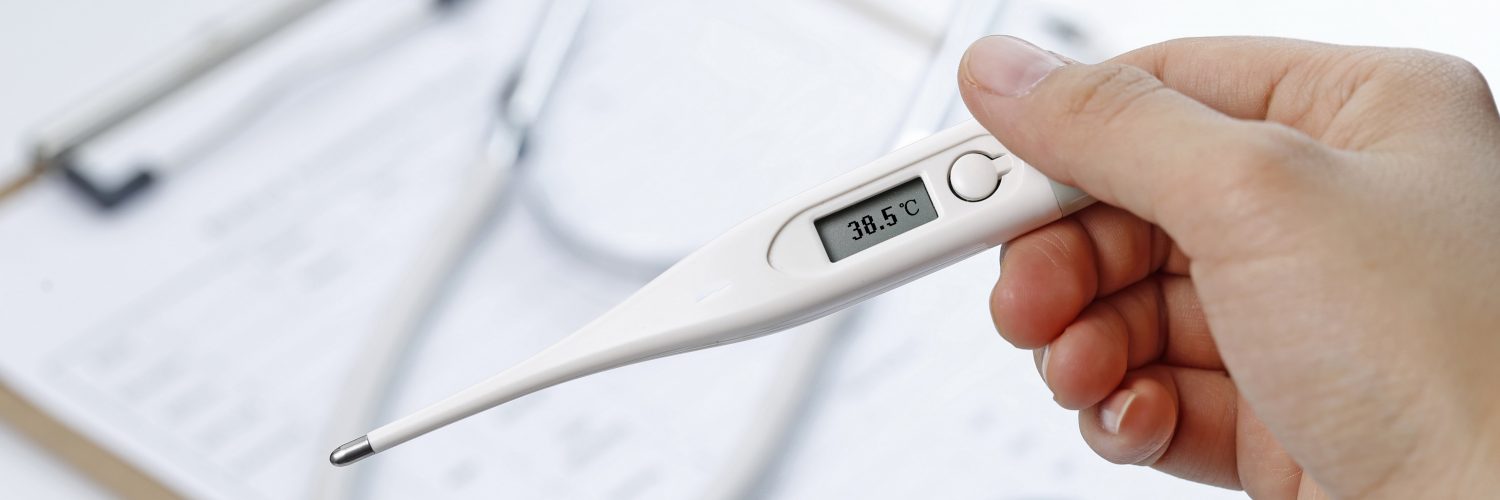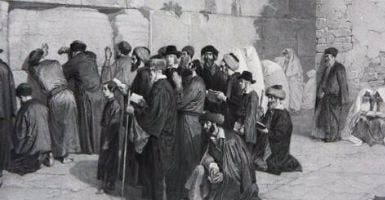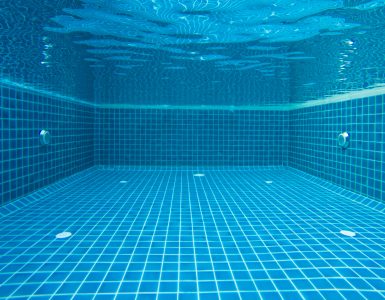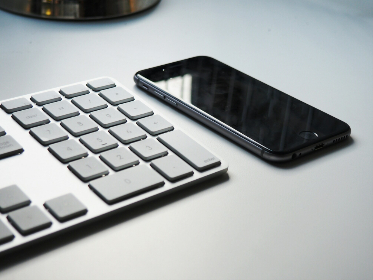Fever is a common but nonspecific symptom associated with many diseases and can be associated with infection or other conditions. The Halachic classification of a person with a fever has broad ramifications, but the most relevant practical question is whether one can use antipyretic medications to lower fever on Shabbos.
Chaza”l forbade any act of Refua on Shabbos due to the Gezeira of “Shechikas Samemanim” (the concern that a person would grind up ingredients for medications thus violating the Melacha of Tochen[1]).
According to the majority of Rishonim, the Isur of taking medications on Shabbos only applies to a person suffering from a “Meichush” (discomfort), and not to a Choleh sheEin Bo Sakana. For a Choleh sheEin Bo Sakana, Chaza”l permitted asking a non-Jew to perform a Melacha or performing the Melacha with a Shinui (though there is a Machlokes haPoskim as to whether one may perform even an Isur d’Oraisa with a Shinui), but they did not waive all Isurim d’Rabbanan.
The Magen Avraham and Taz (O.C. 328) disagree over whether Chaza”l permitted the use of medications for Choleh sheEin Bo Sakana, or whether it is like any other Isur d’Rabbanan that is only permitted by means of a non-Jew or Shinui. The Mishna Berura (328:121) permits it because even those who rule stringently that Isurim d’Rabbanan are not permitted to a Choleh sheEin Bo Sakana (which is the accepted Halacha), would agree that the Isur of taking medications is less stringent and the Chachamim did not forbid it in a case of actual illness. This also appears to be the position of the Gra (who states that this is the view of the Ramban in Toras haAdam, Sha’ar haMeichush), and of the Radvaz (cited by the Mishna Berura) who discusses this matter at length. Although the Mishna Berura generally sides with the view that a Shinui is required[2], he adopts a lenient approach when it comes to medications, particularly those that are ingested orally (Shoneh Halachos 328).[3]
Choleh sheEin Bo Sakana
What constitutes a Choli sheEin Bo Sakana? There are multiple aspects to this question. The most basic principle outlined by the Rishonim is that it is an illness that affects the entire body and causes a person to be bedridden (“Nofel l’Mishkav”). By contrast, a Meichush is an illness, or pain that does not prevent him from going about his regular affairs (though they do cause discomfort). This is summarized by the Aruch haShulchan (O.C. 328:19):
All these matters pertain to a patient who is bedridden or who is sitting on his bed unable to leave his home. There is a distinction between whether it is a matter of Sakana or not, as will be explained. But a person who merely has a Meichush – discomfort in his head, abdomen, or chest pain, etc. but he has strength and walks around like a healthy person – like those who have discomfort such as a cough or similar [symptoms] but who go about and travel and perform all of their business – they do not have the status of Choleh at all, and it is forbidden to perform any Refua for them, even by means of a non-Jew, due to the concern of Shechikas Samemanim. But if a person has a Meichush that causes his entire body to become weak – even if he has strength and goes about, but his gait is heavy and weak – he has the status of a Nofel l’Mishkav and Choleh sheEin Bo Sakana.
Regarding fever, there are two questions: First, does the fever itself indicate that a person is suffering from a significant illness such that we would consider him a Choleh (perhaps even a Choleh sheYesh Bo Sakana)? Second, should the fever itself be considered a Choli?
To the first question: Often, a high temperature is an indication of infection. Even in the absence of a specific diagnosis, a high temperature renders a person a Choleh sheYesh Bo Sakana for whom Shabbos may be desecrated. The person should seek immediate medical attention, including the use of a telephone or traveling by car on Shabbos. This is because a high temperature may be an indication of a life-threatening infection. Therefore, even if it is possible to reduce the temperature with antipyretic medications, his Halachic status remains unchanged, and Shabbos may be desecrated on his behalf.[4]
In small children or the elderly, even a mild fever is potentially life-threatening, and Shabbos should be desecrated on their behalf (Chazon Ish, O.C. 59:4 and Igros Moshe O.C. 1:129). The same is true of those with lung diseases and the like, whose lives are endangered by any rise in temperature (ibid.)
To the second question: In the case of a disease that has already been diagnosed and is being treated (with antibiotics or other medications) but the fever is still high, or a case where there is a definite diagnosis of a non-life-threatening viral infection and there is no specific treatment for it, the Halacha is different. In those cases, the fever is not itself an illness – it is merely an indicator of a disease that requires immediate treatment. Therefore, the definition of the patient as a Choleh sheYesh Bo Sakana is determined by the disease itself, not the fever.
Now we can tackle our original question: May one take medications to lower fever on Shabbos? Contemporary Poskim have ruled on this matter:
R’ Avraham Chaim Naeh (Ketzos haShulchan, Badei haShulchan 138) argues that an illness that affects the entire body renders a person a Choleh sheEin Bo Sakana. Therefore, if a person has a temperature higher than 38°C (100.4°F) that causes his whole body to feel ill, he may take medications to lower the fever.
Rav Shmuel Wosner zt”l (Shevet haLevi 8:66) discusses those suffering with “hay fever” that causes teary eyes, runny nose, and cough [or sneezing] unless they take medications. He examines the nature of the condition (though it is clear from the question that he was discussing allergic rhinitis) and states that “if it causes fever – even if it not a high fever – and is accompanied by the aforementioned symptoms, he is a Choleh sheEin Bo Sakana, and may take medications, as ruled by the Magen Avraham and Rav Shlomo Zalman Auerbach zt”l.”
Rav Wosner clearly holds that a fever that is not particularly high (he doesn’t define this precisely) renders a person a Choleh sheEin Bo Sakana if it is accompanied by additional symptoms like cough, runny nose, and excessive tearing. It is unclear whether this would be true if he only has fever.
The Sefer Minchas Ish[5] (Shabbos 1, p775) cites R’ Yehuda Shapira zt”l[6] who permits taking medications to lower a high fever, for the following reasons:
- Generally, fever is a sign of illness.
- Though fever is only a symptom, it is considered an element of the illness.
- Generally, if someone does not take medications to lower his fever, his temperature will keep rising and he will become weak.
The notion that fever in and of itself can render a person a Choleh sheEin Bo Sakana is comparable to the Poskim’s ruling that severe pain that causes a person to be bedridden and to feel generalized weakness renders him a Choleh sheEin Bo Sakana, even if he knows that the pain is not an indication of illness (Taz 328:24, Magen Avraham ibid. 3; see also Bach ibid. 2.) In other words, pain alone is sufficient to permit the use of medications – it does not indicate the presence of an illness that renders a person a Choleh sheEin Bo Sakana. The same could apply to fever that causes a person to be bedridden – he should be considered a Choleh sheEin Bo Sakana and permitted to take medications to lower the fever.
This conclusion, though already well-substantiated, can be augmented by the contention of the Acharonim that the concern of Shechikas Samemanim is no longer applicable as most people have no knowledge of pharmaceutical preparation and purchase their medications in ready-to-use form. If so, taking medications can be broadly permitted.
This may be compared to the assertion of Tosfos (Beitza 30a), cited by the Rema (O.C. 339), that the Isur of clapping on Shabbos, which was enacted due to the concern that it would lead to the fashioning of instruments, no longer applies as people do not know how to fashion instruments.
Admittedly, the Beis Yosef (ibid.) rules like the Poskim who do not cite Tosfos contention l’Halacha, apparently due to the claim that the Chachamim’s enactments remain in force even when the stated reason no longer applies. Those who argue that Shechikas Samemanim is no longer a concern base their contention on a Teshuva of the Rosh (2:8) that the rule that the Chachamim’s enactments always remain in force only applies when the reason for the Isur is unknown. If the reason for the Isur is known and that reason no longer applies, the Isur is automatically dissolved. Additionally, this rule only applies to enactments of the Chachamim (Takanos), not to their decrees (Gezeiros). In the case of Gezeiros, if the reason is no longer applicable, the Gezeira is void. Both of the Rosh’s contentions would appear to apply to the Isur of taking medications – we know the reason for the Isur (Shechikas Samemanim) and it is a Gezeira and not a Takana.
Rav Ovadia Yosef zt”l
(Chazon Ovadia Shabbos vol 3 p357) discusses this topic at length and
cites several Poskim who permit taking medications on Shabbos to relieve a
headache. Even though most Poskim rule
that one should not be lenient as a headache, as it is only a Meichush and does not render a person a Choleh sheEin Bo Sakana, we can include
this ruling as support for the permissibility of using antipyretic medications
on Shabbos to lower a high fever, as we have seen above that there are strong
reasons to consider someone with a high fever a Choleh sheEin Bo Sakana.
[1] Rashi, Shabbos 53b s.v.” Gezeira mishum shechikas samemanim” and other Rishonim.
[2] See Siman 328, Se’if Katan 57.
[3] The Shoneh Halachos is addressing the implications of the Mishna Berura in other places (see, for example, Se’if Katan 85 and 102) where it implies that he is stringent about medications.
[4] Shemiras Shabbos keHilchasa (32:11), citing Rav Shlomo Zalman Auerbach zt”l. This applies in all cases of extremely high temperatures, even if there is no known infection or injury, until a doctor determines the cause of the fever. Regardless, if his temperature is extremely high and does not respond to medications, there is a concern of dehydration and other side effects, and he should seek medical attention.
[5] R’ Avraham Yeshaya Shapira of Bnei Brak
[6] R’ Yehuda Shapira zt”l (1923-2009) was among the premier Talmidim of the Chazon Ish and was appointed as one of the Roshei Kollel of the Kollel Chazon Ish and recognized as a Posek in Bnei Brak by the Steipler Gaon zt”l.














